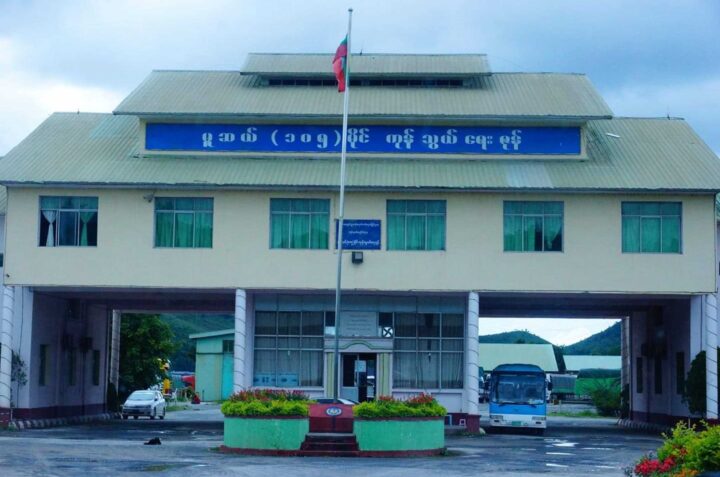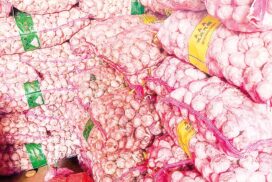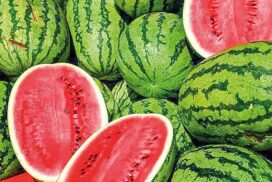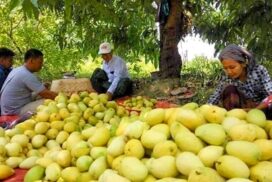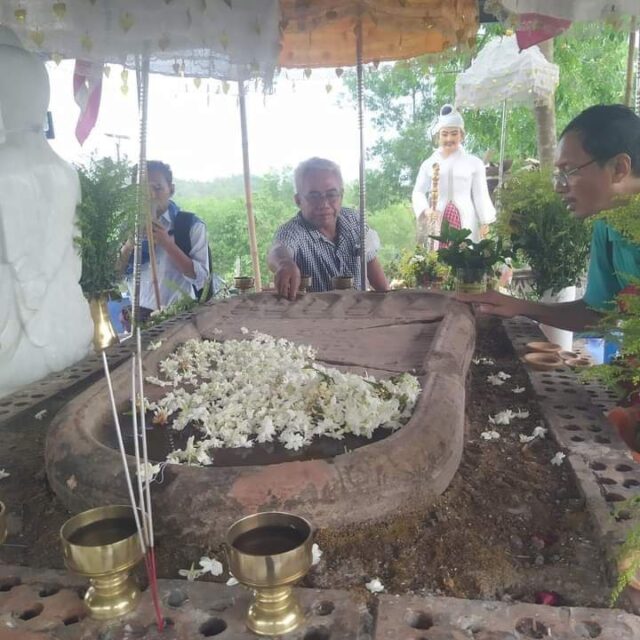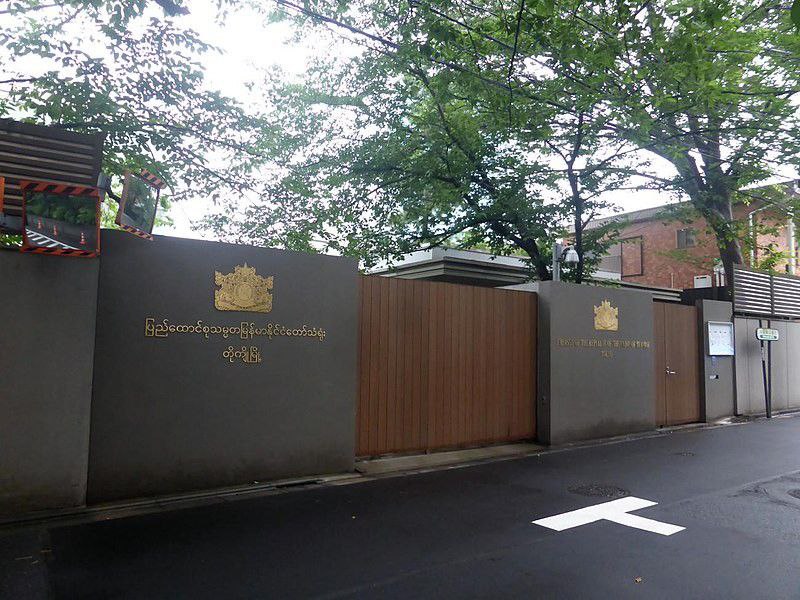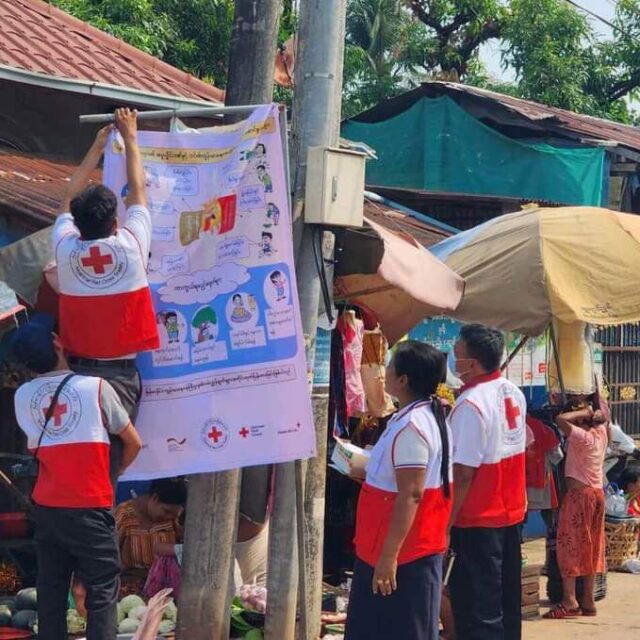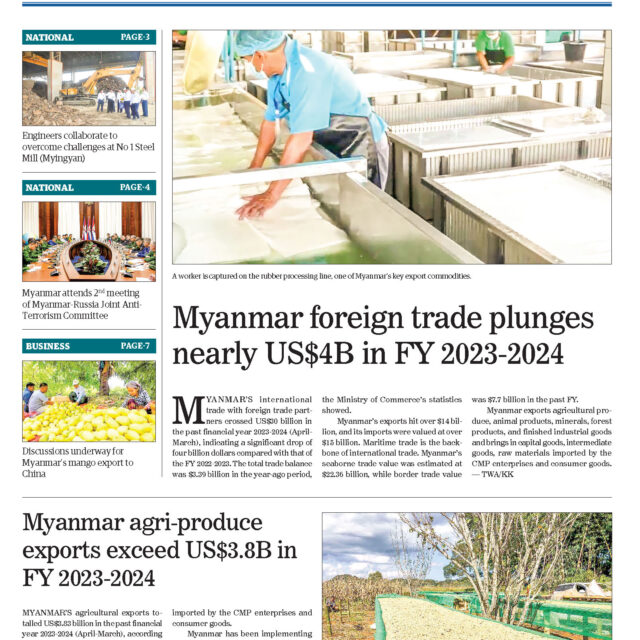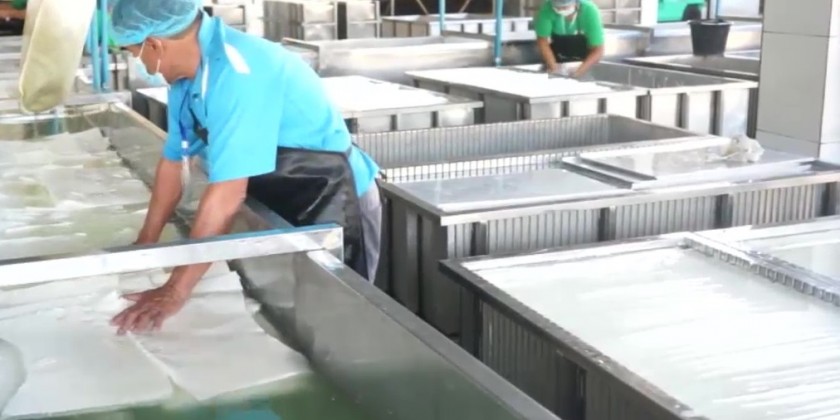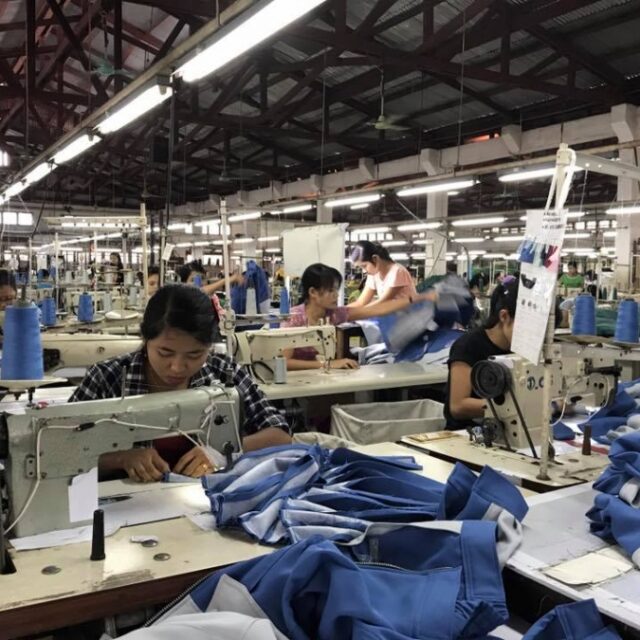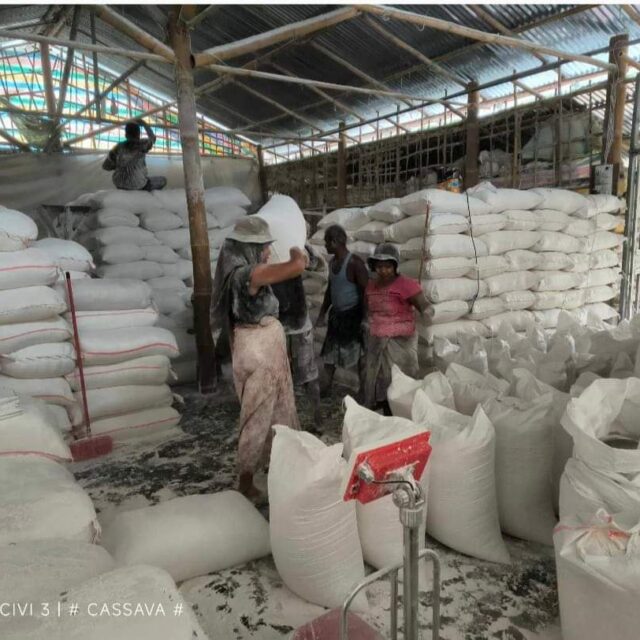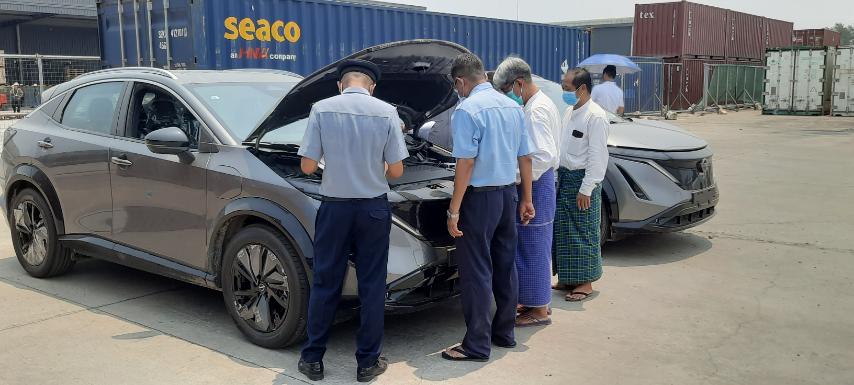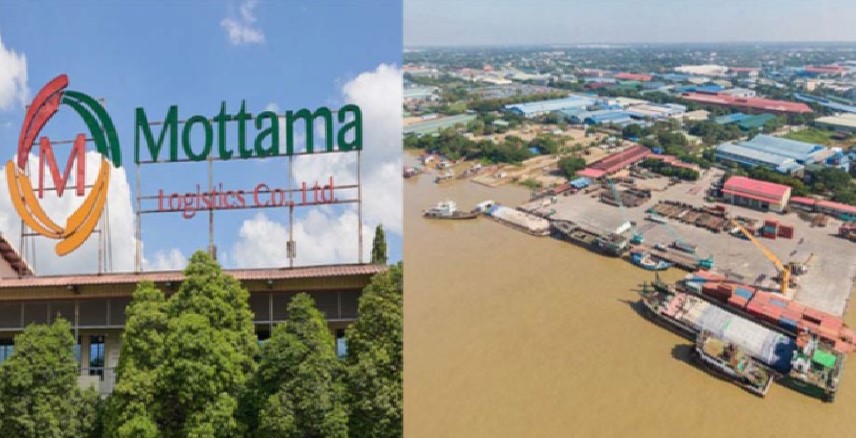Myanmar trucks are allowed to border-crossing through Muse to China under the driver-substitution system, cutting transport costs. Nevertheless, the country’s export sees a downtick.
Between 1 April and 8 July in the current financial year 2022-2023, Myanmar exported US$447.692 million worth of goods to China through the Muse border post. The figures drastically plummeted from $710.653 million recorded in the corresponding period last FY. There is a drop of $175.05 million in exports over the Q1 this year.
Prior to 16 May, China banned Myanmar trucks and drivers to enter its side owing to the COVID-19 restrictions and only Chinese short-haul drivers were allowed to transport the goods. This causes the problem of delays and bulk supply owing to the lack of Chinese short-haul truckers, prompting the operators to charge the transportation rate to exorbitant prices.
As a result of this, the cost of Chinese short-haul trucking tremendously rose to K10 million, whereas the trucking was worth only K700,000-800,000 when Myanmar truckers were allowed to enter China.
Myanmar trucks are given the go-ahead for border-crossing through the Kyinsankyawt-Wang Ding trade channel out of Muse border points under the driver-substitution system starting from 16 May 2022, said U Min Thein, vice-chair of the Muse Rice Wholesale Centre.
“The truck transport rate is affordable for now. Earlier, the freight rate was over K10 million for a truck carrying 1,000 rice bags (50 tonnes each). After 16 May, China gave the green light to the driver-substitution system and the transport cost is estimated at only K1.3 million,” U Min Thein elaborated.
“Nonetheless, it will take some time to go back to normality in the Muse border post,” U Min Thein added.
China shut down all the checkpoints linking to the Muse border amidst the COVID-19 pandemic. Of the checkpoints, Kyinsankyawt has resumed trading activity from 26 November on a trial run. Myanmar daily delivers rubber, green gram, chilli pepper, onion, mango and other food commodities to China through the Kyinsankyawt post.
Myanmar has opened five border trade camps with China – Muse, Lweje, Kampaiti, Chinshwehaw and Kengtung. The majority of the trade is carried out through the Muse land border, the Ministry of Commerce’s data indicated. — NN/GNLM
Driver-substitution system via Muse to China cuts transport costs, yet export declining
- July 22, 2022
- 961
